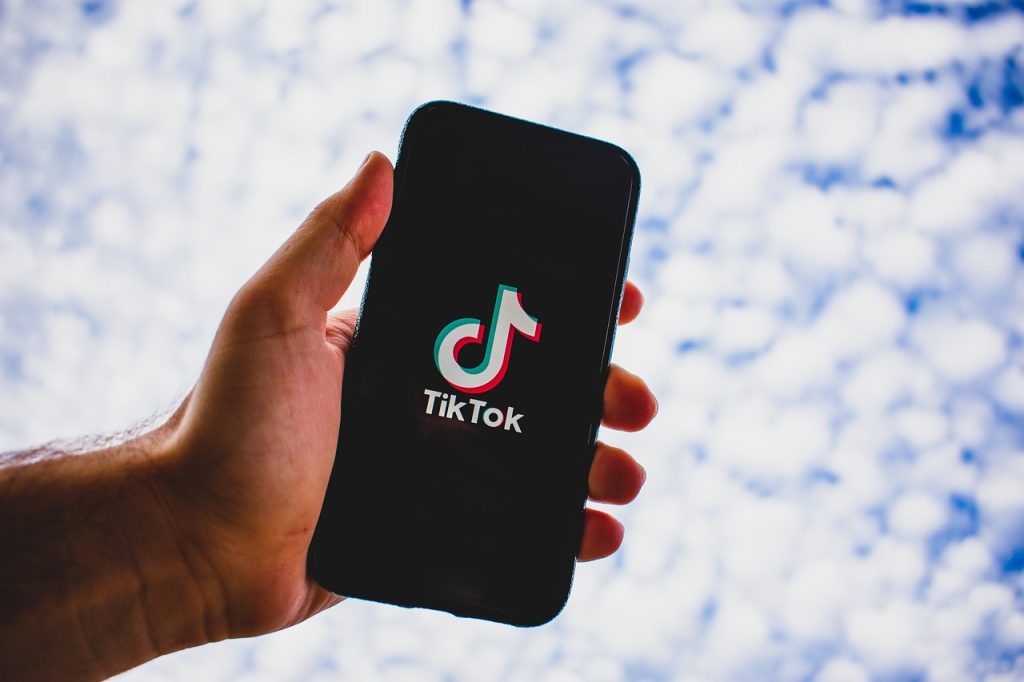With the 2024 U.S. presidential election decided, what does this mean for the upcoming TikTok ban? Here’s what the incoming Trump administration has said about the app—and the potential for a 2025 ban to happen.
President Joe Biden signed a law requiring ByteDance to completely divest from TikTok in January 2025 or face a total ban in the U.S. But will that ban actually happen? TikTok has 170 million users in the United States alone, with politicians worried about China’s corporate laws and access to data for Chinese companies.
TikTok has argued that the proposed ban violates First Amendment rights, with TikTok’s lawyers seeking to keep the app available in America. Kamala Harris made no direct comments about what she would do with the platform if chosen as the next U.S. president—but many expected her to allow the Biden-era law to go into effect.
On the other hand, now president-elect Donald Trump publicly backtracked on his stance from 2020, when he called for a complete ban of the app. That move comes after being lobbied by billionaire ByteDance investor Jeff Yass. In a campaign video released in September, Trump told his supporters “for all of those who want to save TikTok in America, vote for Trump.” While he casually mentioned saving TikTok, the fate of the platform was not discussed heavily while on the campaign trail.
TikTok has remained neutral during the presidential campaign months, voicing support for neither candidate as the race played out. Wired interviewed some TikTok employees about the potential ban, with them confirming the ban is not something generally talked about among employees.
“There’s almost a consensus not to talk about this thing,” one product manager speaking on the condition of anonymity told Wired. “Very occasionally, some of us might say that maybe it’s time to jump ship, but those discussions rarely come up.” Employees also said they believe a court battle around the ban could take months to play out, leading to less urgency to jump ship and find another jump.
TikTok sued the federal government to appeal the ban, with the case currently being decided by the Court of Appeals in Washington D.C. If TikTok loses, the company may escalate the case to the Supreme Court. If the Supreme Court does decide to hear the case, the decision to ban the app could be delayed until summer 2025.
“The court could not take the case, and the law is upheld, but it’s such a big issue,” says Alan Rozenshtein, Associate Professor of Law at the University of Minnesota Law School. “It affects 170 million Americans. It’s a core First Amendment question. The Supreme Court has shown in the last few years that it cares about these digital First Amendment cases.”



Leave a Reply
You must be logged in to post a comment.